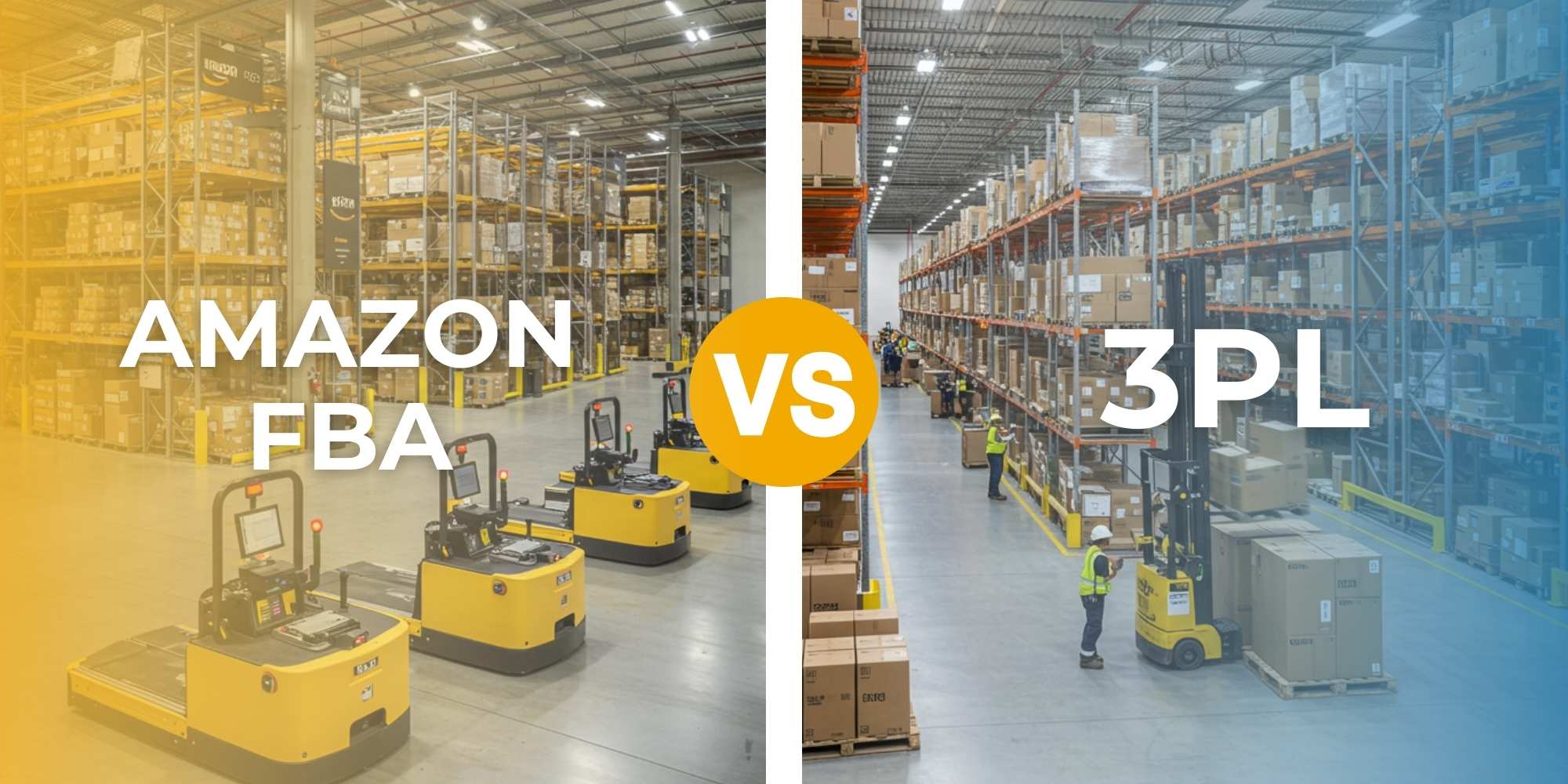
Jump right in: Amazon FBA Vs. 3PL
Amazon FBA Vs. 3PL
Understanding the Core Differences: Amazon FBA vs. 3PL
Ecommerce sellers have one goal in mind when it comes to fulfillment: getting orders to customers quickly, efficiently, and at the lowest possible cost. But when it comes to outsourcing fulfillment, two dominant options come up—Amazon FBA (Fulfillment by Amazon) and Third-Party Logistics (3PL).
At a glance, both solutions take storage, packing, and shipping off your hands. But they operate under completely different models. In the battle of Amazon FBA vs. 3PL, understanding these differences is key to picking the right fulfillment strategy for your business.
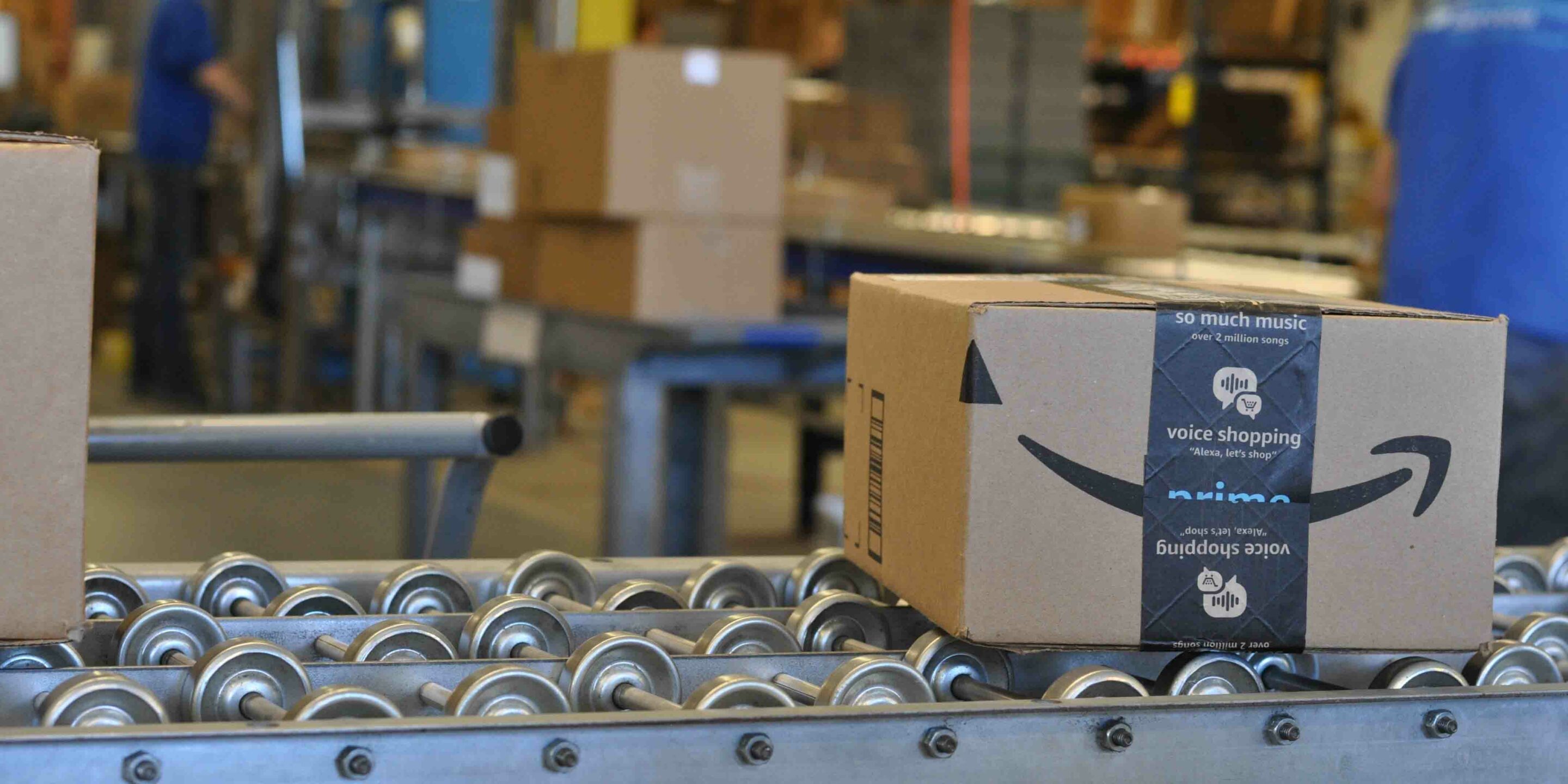
Amazon FBA: Amazon’s Hands-Off Fulfillment Service
With Amazon FBA, you send your inventory to Amazon’s fulfillment centers. From there, Amazon handles everything—storage, order fulfillment, shipping, and even customer service—for any orders placed on Amazon.
FBA’s biggest advantage? Prime eligibility. If you’re using FBA, your products get the coveted Prime badge, which means free two-day (or even same-day) shipping for Amazon Prime members. This can significantly boost sales, as many customers prioritize Prime-eligible products.

3PL: A More Customizable Logistics Partner
A 3PL, on the other hand, is an independent fulfillment provider that handles logistics on your behalf. They store your inventory, pick and pack orders, and ship them out—but across multiple channels, not just Amazon.
With a 3PL, you have more flexibility in how your fulfillment is handled, from shipping methods to packaging customization. Plus, a 3PL can support growth across multiple sales channels, including your own Shopify store, eBay, Walmart, and more.
Amazon FBA: The Good, The Bad, and The Pricey
Let’s be honest—FBA is incredibly convenient. But that convenience comes at a cost. Here’s what you need to consider before sending your inventory to Amazon’s warehouses.
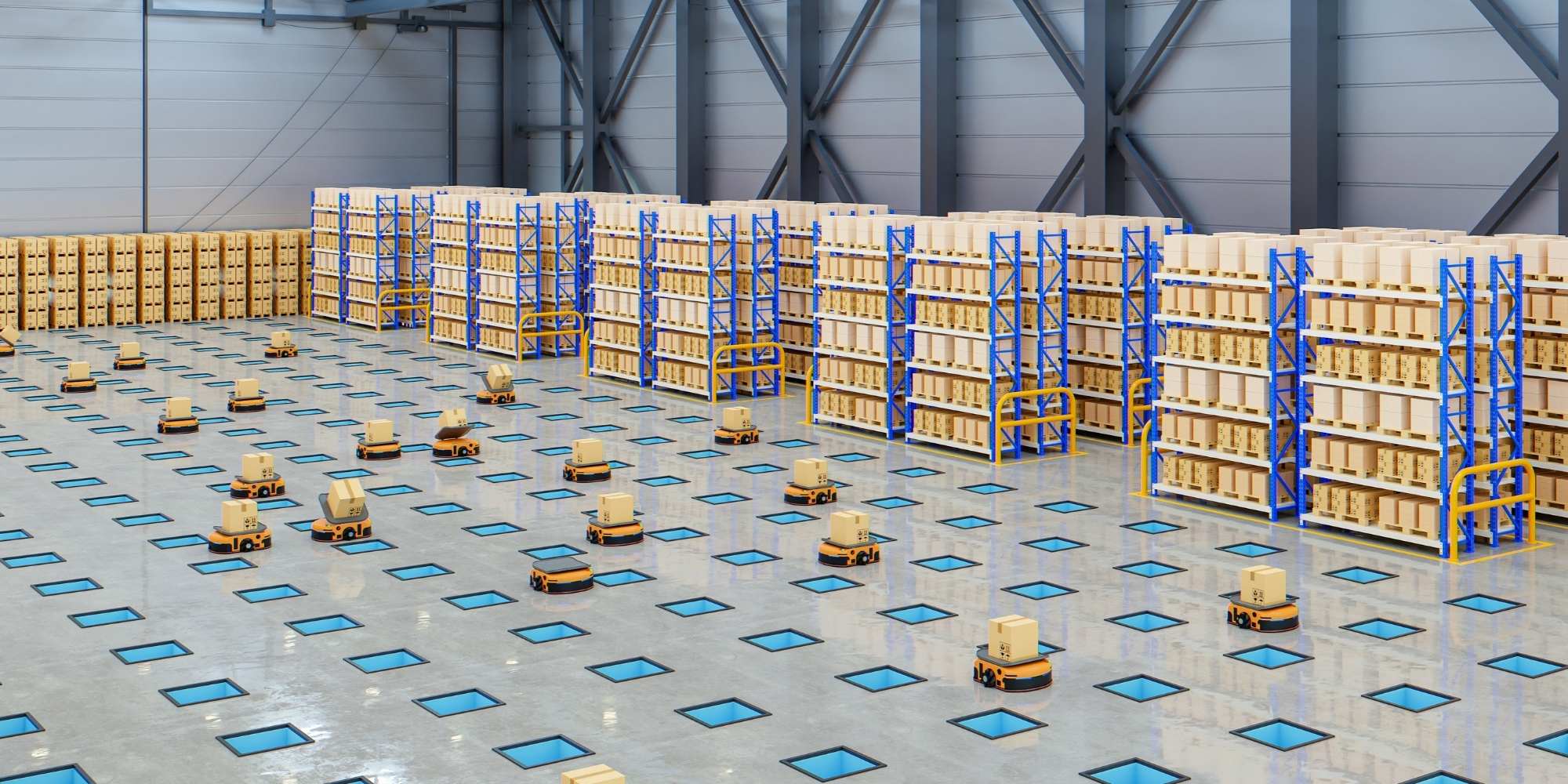
Pros and Cons of Amazon FBA
| Pros of Amazon FBA | Cons of Amazon FBA |
|---|---|
| Effortless Integration with Amazon – FBA automates fulfillment for Amazon sellers, making order processing seamless. | High Fees – FBA charges fulfillment, storage, and aged inventory fees, which can quickly add up. |
| Access to Prime’s Customer Base – FBA listings gain higher visibility and the Prime badge increases buyer trust. | Limited Branding Options – Amazon ships products in its own branded packaging, reducing opportunities for customization. |
| Fast Shipping Guaranteed – Amazon’s fulfillment network ensures quick and efficient deliveries. | Storage Limitations & Penalties – Amazon imposes storage limits and penalizes excessive inventory. |
| Amazon Handles Customer Service & Returns – Sellers don’t need to manage customer inquiries or returns. | Strict Compliance Rules – Amazon has rigid packaging and labeling requirements, with penalties for non-compliance. |
| Amazon is Your Competitor – Amazon may introduce its own version of best-selling products, competing directly with sellers. |
3PL: The Flexible Alternative
3PLs offer a more adaptable approach to fulfillment. Instead of being locked into one ecosystem, you can tailor your fulfillment strategy to meet the needs of your brand and customers.
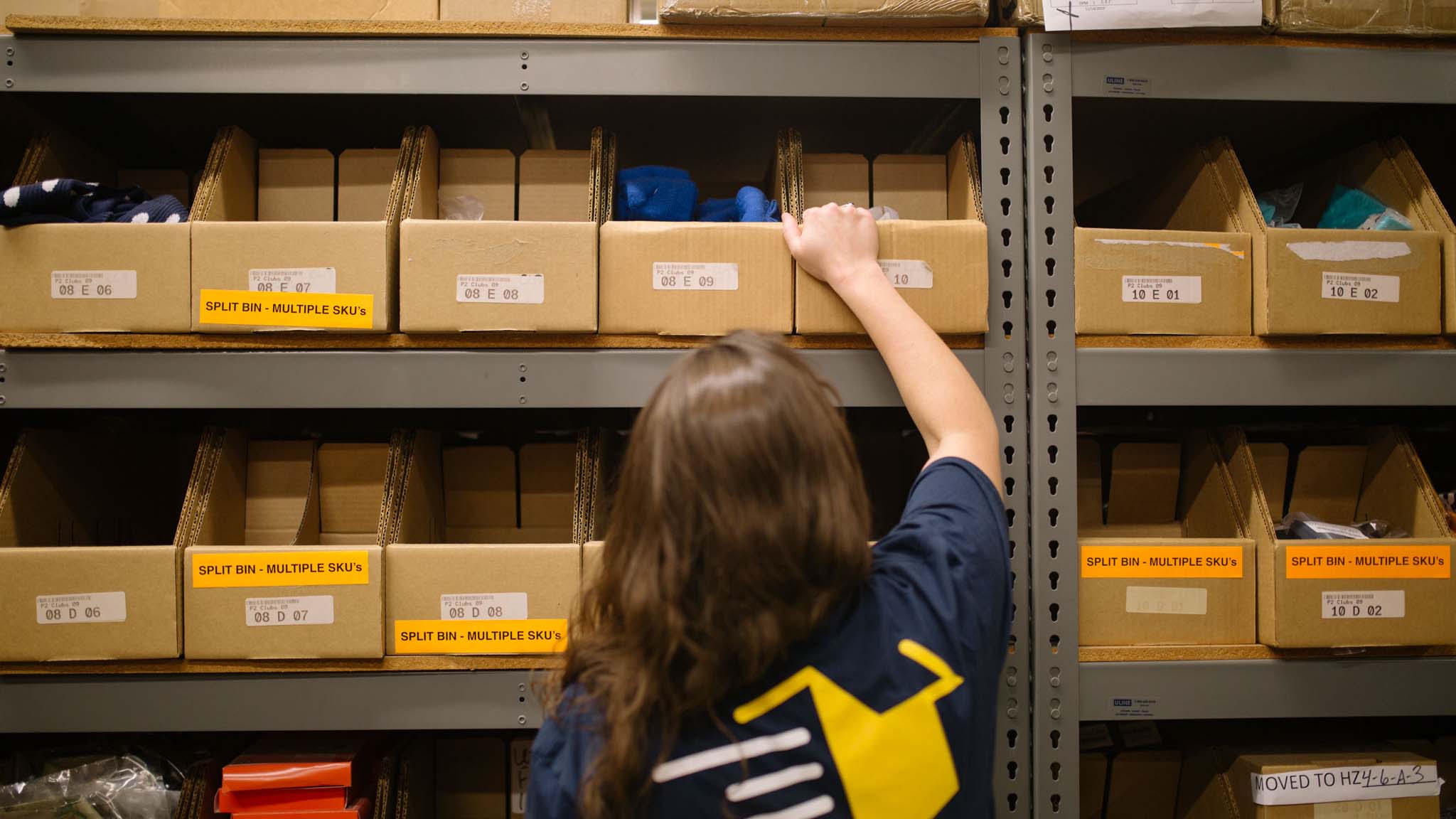
Pros and Cons of 3PL
| Pros of Using a 3PL | Cons of Using a 3PL |
|---|---|
| Multi-Channel Fulfillment – Sell on Amazon, Shopify, Walmart, and more—all with one fulfillment partner. | No Prime Badge – While 3PLs can offer fast shipping, they don’t automatically qualify for Amazon Prime (unless using Seller Fulfilled Prime). |
| More Branding & Packaging Control – Custom boxes, branded inserts, and personalized packaging help create a unique brand experience. | More Hands-On Management – You may need to actively monitor inventory levels and fulfillment operations. |
| Potential Cost Savings – Storage fees at 3PLs are often lower than FBA’s long-term storage costs. | Initial Setup & Integration – Integrating with a 3PL requires setup and technical adjustments, though many offer API connections. |
| Value-Added Services – Many 3PLs offer kitting, bundling, and quality control inspections to enhance fulfillment. | Vetting Required – Choosing the right 3PL is critical, as unreliable providers can cause fulfillment delays and customer dissatisfaction. |
| Scalability & Flexibility – Adjust storage and fulfillment needs as your business grows. | |
| Personalized Support – Many 3PLs assign dedicated account managers for direct support and problem-solving. |
Reduce time spent on prep by up to 85%
Outsourcing tedious tasks like labeling, packaging, and bundling frees up your time to focus on other aspects of your business.
Amazon FBA or 3PL? It Depends on Your Business Model
How do you decide between Amazon FBA and a 3PL? It depends on your business priorities and growth plans.
Choose Amazon FBA If…
- Your primary sales channel is Amazon.
- You sell high-turnover products that won’t sit in storage for long periods.
- You want a hands-off fulfillment experience with minimal management.
- You don’t mind using Amazon-branded packaging.
Choose a 3PL If…
- You sell on multiple channels, including your own website.
- You want more branding control and customization.
- You have oversized, fragile, or slow-moving inventory that would be expensive to store with FBA.
- You want a fulfillment partner that scales with your long-term growth.
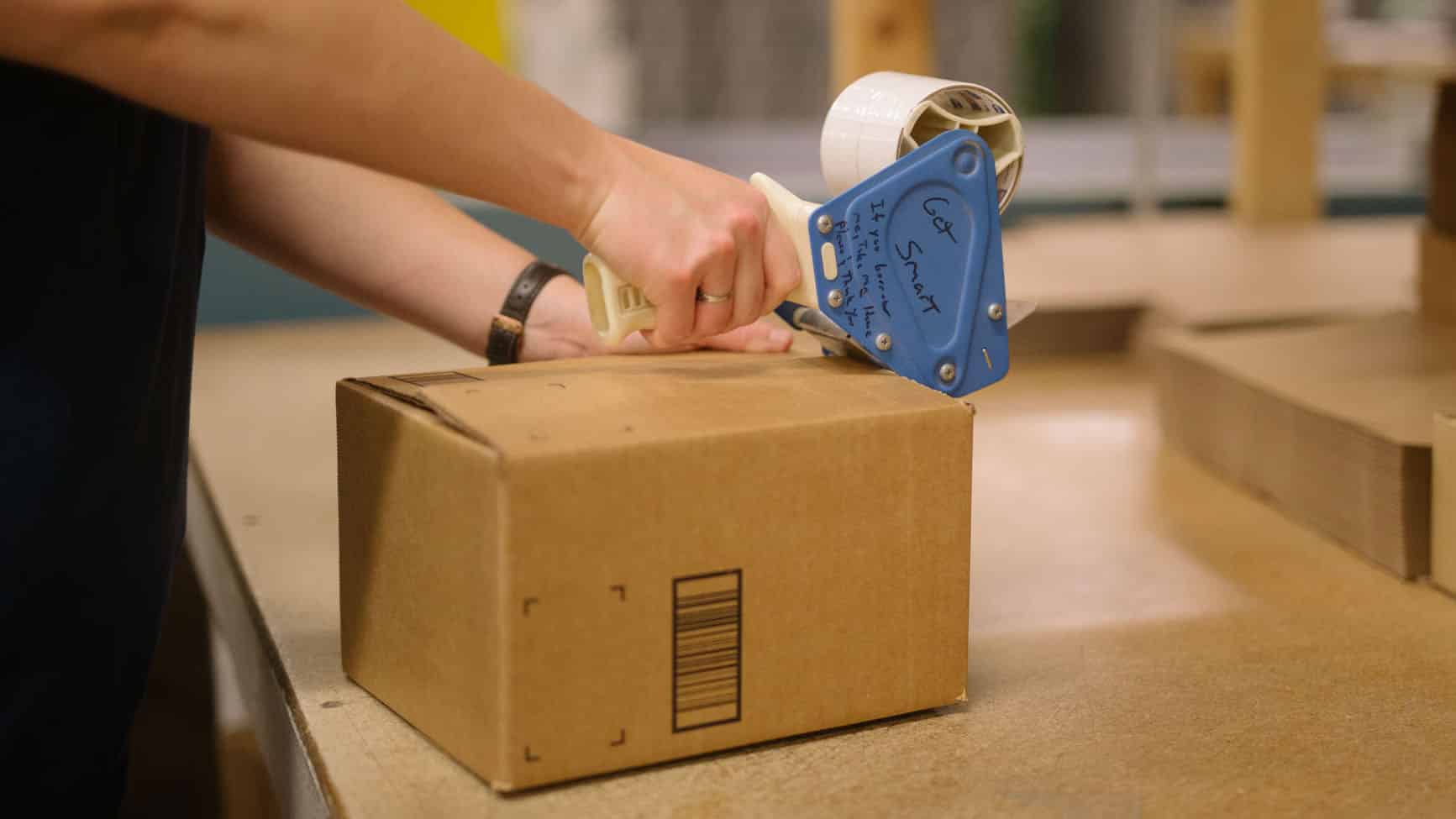
3PLs Can Also Help With Amazon FBA Prep
Here’s something a lot of sellers don’t realize—3PLs can actually help with Amazon FBA, too. Amazon has strict requirements for how products must be prepped before they’re sent to FBA warehouses. Many 3PLs offer FBA Prep services to ensure compliance and avoid costly mistakes.
Common FBA Prep Services Offered by 3PLs
- Labeling: Correctly applying FNSKU labels and any required Amazon stickers.
- Packaging Compliance: Ensuring products are bagged, bubble wrapped, or boxed according to Amazon’s guidelines.
- Kitting & Bundling: Assembling product kits or bundles to meet Amazon’s specifications.
- Quality Control & Inspection: Checking for damage or defects before sending products to FBA warehouses.
Why Use a 3PL for FBA Prep?
- Saves Time & Reduces Errors: Let experts handle compliance to avoid penalties or rejected shipments.
- More Cost-Effective: Many 3PLs offer better rates for prep services than Amazon does.
- Frees Up Your Time: Focus on growing your business instead of worrying about logistics.
Managing FBA Prep doesn’t have to be a hassle.
Partnering with a 3PL like eFulfillment Service means you can focus on growing your business while we handle the details. Request a Free Quote Today!
Final Thoughts: Which Fulfillment Strategy Is Right for You?
There’s no one-size-fits-all answer. If you’re an Amazon-first seller looking for an easy, plug-and-play fulfillment solution, FBA might be your best bet. But if you’re selling on multiple channels, want more control over your brand, or need cost-effective long-term storage, a 3PL could be the better option.
In fact, many sellers use a hybrid strategy—leveraging FBA for high-turnover Amazon sales while using a 3PL for multi-channel fulfillment and FBA prep. The key is evaluating your business model, growth goals, and fulfillment priorities to make the smartest choice for your brand.
Need help with fulfillment? eFulfillment Service specializes in flexible, multi-channel fulfillment, including Amazon FBA prep services. Contact us today for a free quote and see how we can streamline your operations!

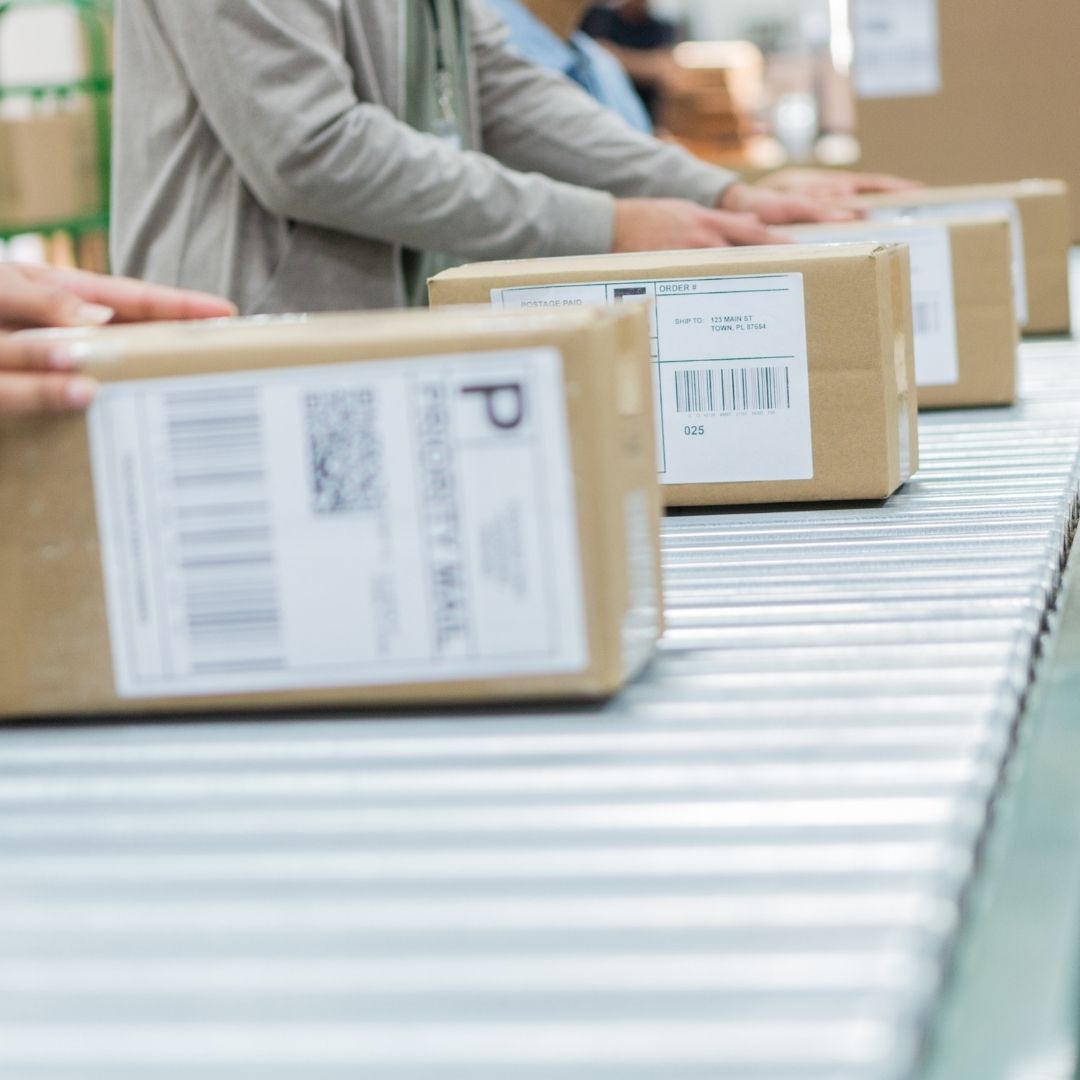
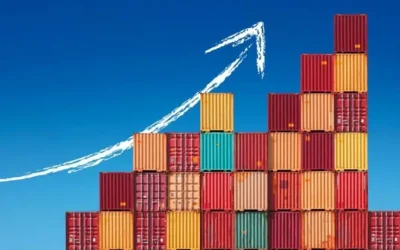


0 Comments